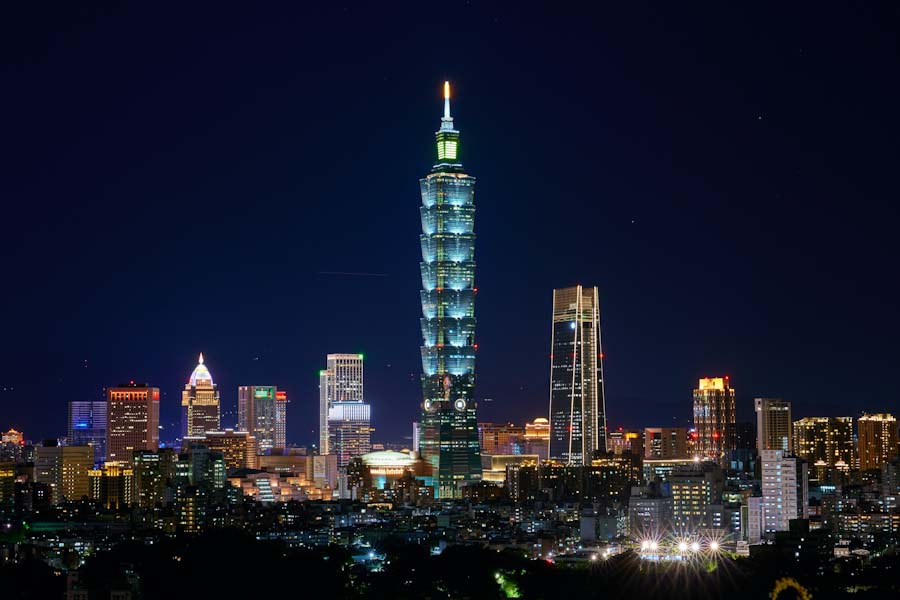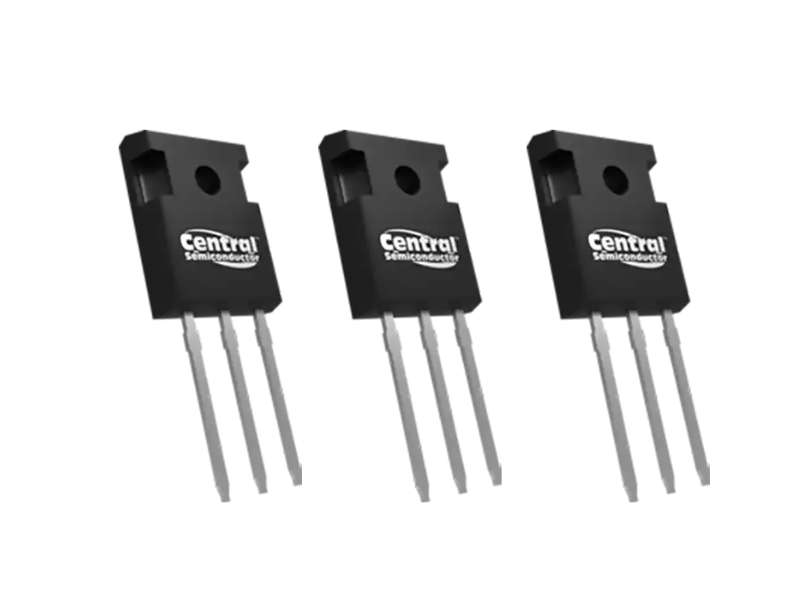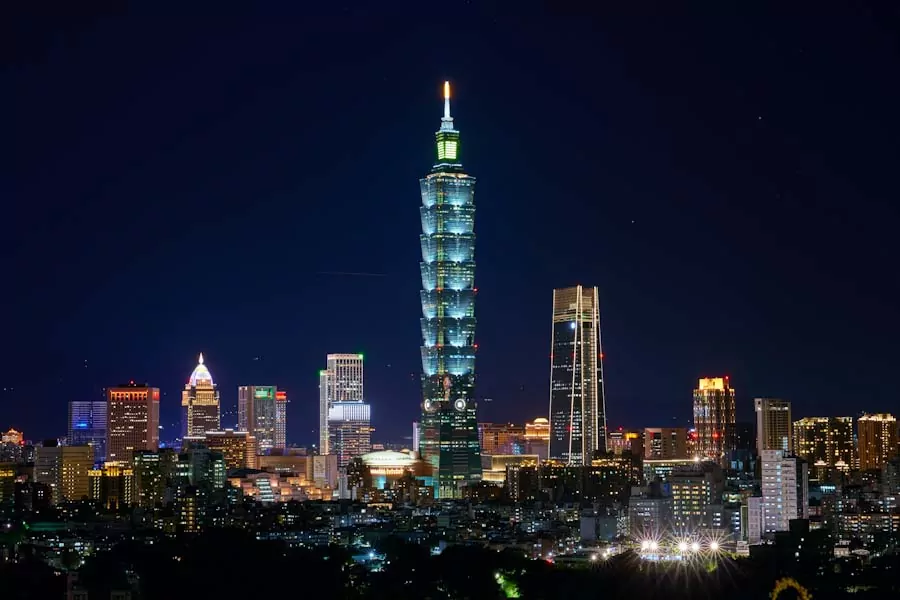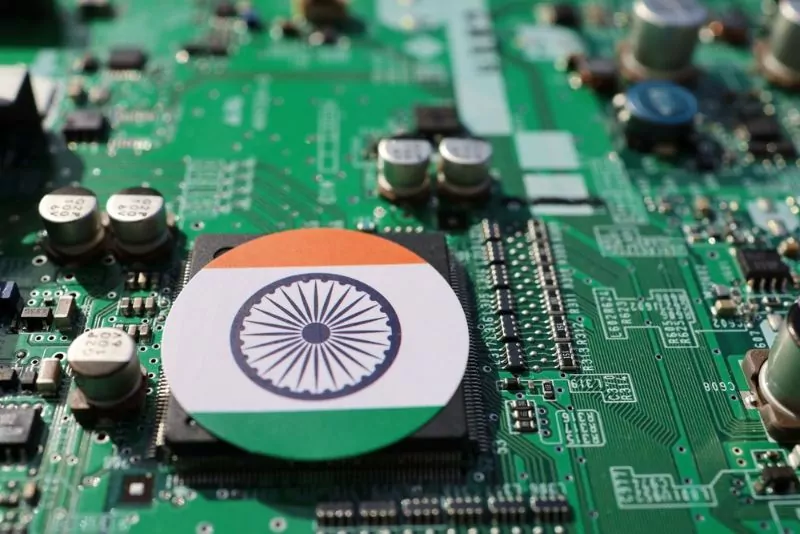Tensions between the US and China are heightening in what is being described as the global battleground for semiconductors.
According to The Guardian, the burgeoning conflict between the two nations can be seen in many areas but is most apparent in the semiconductor industry.
“It’s, therefore, a source of concern to many that over 90% of the world’s semiconductors are made in the place many US officials think could be the site of the next global conflict: Taiwan.
“If China were to annex Taiwan – which US officials believe could be attempted in the next decade – it, like the rest of the world, would find its supply of semiconductors massively disrupted.
According to The Guardian’s War Chest summary, Bringing Taiwan under the control of the Chinese Communist Party (CCP) is the “inevitable requirement for the great rejuvenation of the Chinese nation”, China’s president Xi Jinping said in 2019. In recent years, as an increasing proportion of people in Taiwan say they want nothing to do with the CCP, China’s agitation to resolve the “Taiwan issue” has grown stronger. Xi sees “reunification” as an important part of his legacy and has not ruled out the use of force to achieve it.
The US wants to stop this from happening. Last year the Biden administration imposed a sweeping set of restrictions, including a measure to cut China off from chips made with US technology anywhere in the world. In March, the Netherlands confirmed it had joined an agreement with the US and Japan to restrict the export of advanced chip-making technology.
According to The Guardian, the strategy seems to be working. In the first three months of 2023, China’s chip imports declined by 23% compared with the same period in the previous year.
To avoid electronics supply-chain disruptions, you may also wish to consult an expert in electronics component supply. With more than three decades of supply-chain expertise, Astute Electronics is ideally placed to work with you on your daily component requirements.
For more help with looking at supply chain options, contact Astute Electronics






